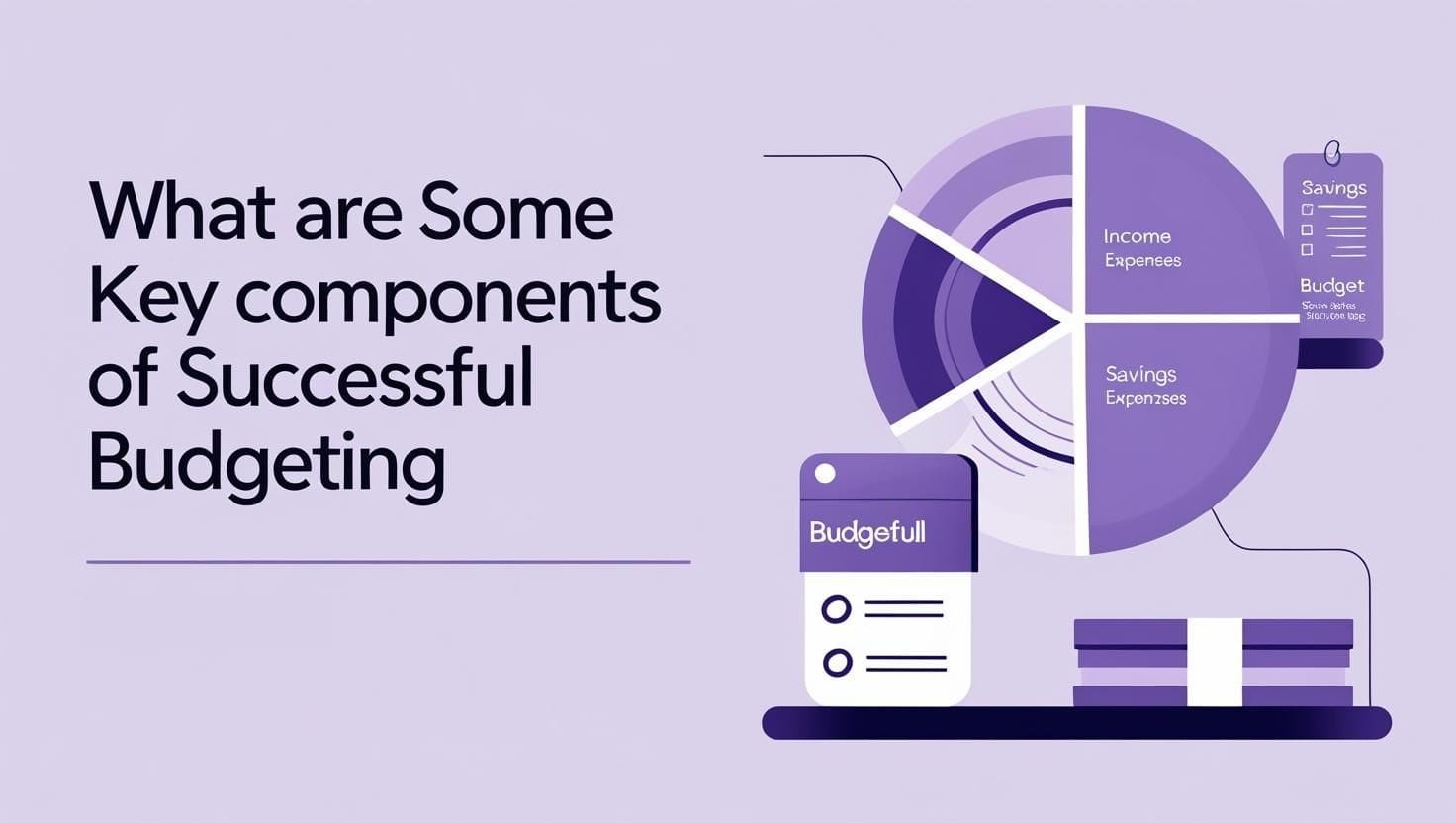Table Of Contents
Introduction
Do you feel like your money disappears before the month ends? You’re not alone. Many people – regardless of how much they earn – struggle with controlling their finances. Some think budgeting is only for people with tight incomes or major financial goals, but the truth is, everyone can benefit from having a budget.
Budgeting isn’t about restricting your lifestyle – it’s about giving your money direction. Whether you’re a college student managing a part-time job, a parent juggling household expenses, or a business owner balancing revenue and costs, a budget helps you stay in control. In this article, we’ll explore why budgeting matters for everyone and how it can significantly improve your financial well-being.
Why Budgeting Isn’t Just for People with Low Income
A common myth is that budgeting is only necessary if you’re broke or trying to save up for something big. In reality, even people with high incomes can run into financial trouble if they don’t track where their money goes.
Here’s why budgeting is helpful no matter your income level:
- Prevents Lifestyle Inflation: As income increases, spending tends to rise with it. Budgeting helps keep lifestyle creep in check.
- Promotes Goal-Oriented Spending: It ensures your spending aligns with short- and long-term goals – like paying off debt, saving for a house, or planning for retirement.
- Prepares for Emergencies: A well-planned budget includes emergency savings, helping you handle unexpected events without panic.
Example: Sarah earns ₹1,00,000/month but ends up with nothing by the 25th. She realizes her impulse spending on food delivery and subscriptions eats up ₹20,000. After budgeting, she limits such spending to ₹5,000 and puts the rest into a savings account.
What a Budget Really Does: A Breakdown
Budgeting isn’t just writing down expenses. It’s a financial strategy that organizes your income and guides your decisions.
1. Gives Structure to Your Money
Budgeting gives every rupee or dollar a job. It’s like a roadmap that tells you where your money should go instead of wondering where it went.
Example: You earn ₹50,000. Without a plan, you spend aimlessly. With a budget, you allocate:
- ₹15,000 for rent
- ₹10,000 for groceries
- ₹5,000 for savings
- ₹5,000 for entertainment
- ₹10,000 for bills and utilities
- ₹5,000 for debt repayment
2. Encourages Better Financial Decisions
When you track your spending, you naturally become more aware of your habits. This awareness can shift behaviors and reduce wasteful spending.
Tip: Apps like Mint, YNAB (You Need a Budget), or even a simple Excel sheet can help track your budget in real-time.
How Budgeting Helps Different Lifestyles
Let’s see how a budget helps across various life stages and situations.
1. Students
- Track tuition fees, books, and daily expenses
- Prevents overspending on non-essentials
- Encourages saving early on – even small amounts
2. Young Professionals
- Helps manage rent, transportation, and entertainment
- Makes room for long-term goals like travel or investing
3. Families
- Helps coordinate multiple income sources and expenses
- Supports planning for children’s education, insurance, and holidays
4. Business Owners or Freelancers
- Handles irregular income with more control
- Ensures tax savings and business expense management
Case Study: Amit, a freelance graphic designer, saw erratic cash flow. He built a “lean month” fund using his budget, which saved him during months with fewer clients.
Budgeting Methods: Choose What Works for You
There’s no single “perfect” budget method. Choose one that fits your personality and income type.
| Method | Best For | How It Works |
| 50/30/20 Rule | Beginners | 50% needs, 30% wants, 20% savings or debt |
| Zero-Based Budget | People with fixed income | Income – Expenses = 0 (every rupee is assigned a role) |
| Envelope System | Cash spenders | Set cash aside in envelopes for each category |
| Pay-Yourself-First | Long-term savers | Save a portion first, spend what’s left |
| 60/20/20 Rule | Balanced planners | 60% needs, 20% wants, 20% savings |
Tip: Test a few methods for a month to see which suits your needs best.
The Emotional and Mental Benefits of Budgeting
Money stress is real. Constantly worrying about bills or spending can weigh heavily on your mental health. A budget offers peace of mind and helps you:
- Sleep better knowing your expenses are covered
- Feel more in control during financial emergencies
- Avoid fights or misunderstandings with partners over money
Insight: According to the American Psychological Association, 72% of adults report feeling stressed about money. Budgeting helps reduce this stress by giving structure and visibility.
Common Budgeting Mistakes to Avoid
Even the best intentions can be derailed without proper planning. Here are some budgeting mistakes to watch for:
- Overcomplicating the budget: Simpler is better. Don’t track too many categories initially.
- Not accounting for irregular expenses: Birthdays, car repairs, or gifts often get missed.
- Setting unrealistic goals: Cutting too much too fast leads to burnout.
- Forgetting to review the budget: Revisit it monthly and adjust based on actual results.
Conclusion: Why Everyone Should Start Budgeting Today
No matter your income or lifestyle, a budget is one of the most powerful tools you can use to build financial stability. It gives you clarity, control, and peace of mind. A good budget reflects your priorities, adjusts with your life, and helps you stay on course during both good times and challenges.
You don’t need to be a finance expert or make millions to benefit from budgeting. All you need is the willingness to start. Begin with a simple method, stay consistent, and watch how your financial confidence grows.
FAQs
1. Why is budgeting important for everyone?
Budgeting helps manage money, avoid debt, and plan for future needs, making it essential for people of all income levels.
2. How do I start a simple budget?
Start by tracking your income and expenses. Then divide your income into categories like needs, wants, and savings using a method like 50/30/20.
3. Can I budget with irregular income?
Yes. Base your budget on your lowest expected income, build an emergency fund, and prioritize essential expenses first.
4. What if I always overspend despite budgeting?
Review your categories and cut non-essentials. Set realistic limits and track spending weekly to stay accountable.
5. Which budget method is best for beginners?
The 50/30/20 rule is a great starting point. It’s simple and provides flexibility while ensuring you save regularly.
6. How often should I review my budget?
Review your budget monthly to track progress and make adjustments for changes in income or expenses.
7. Is it better to use cash or apps for budgeting?
Use what you’re comfortable with. Apps offer automation and tracking, while cash envelopes help limit spending physically.
8. Can budgeting improve my mental health?
Yes. Budgeting reduces money-related stress by giving structure, control, and preparedness for unexpected expenses.




